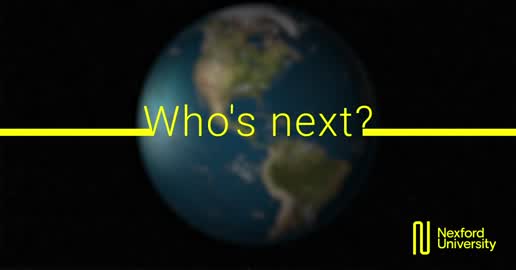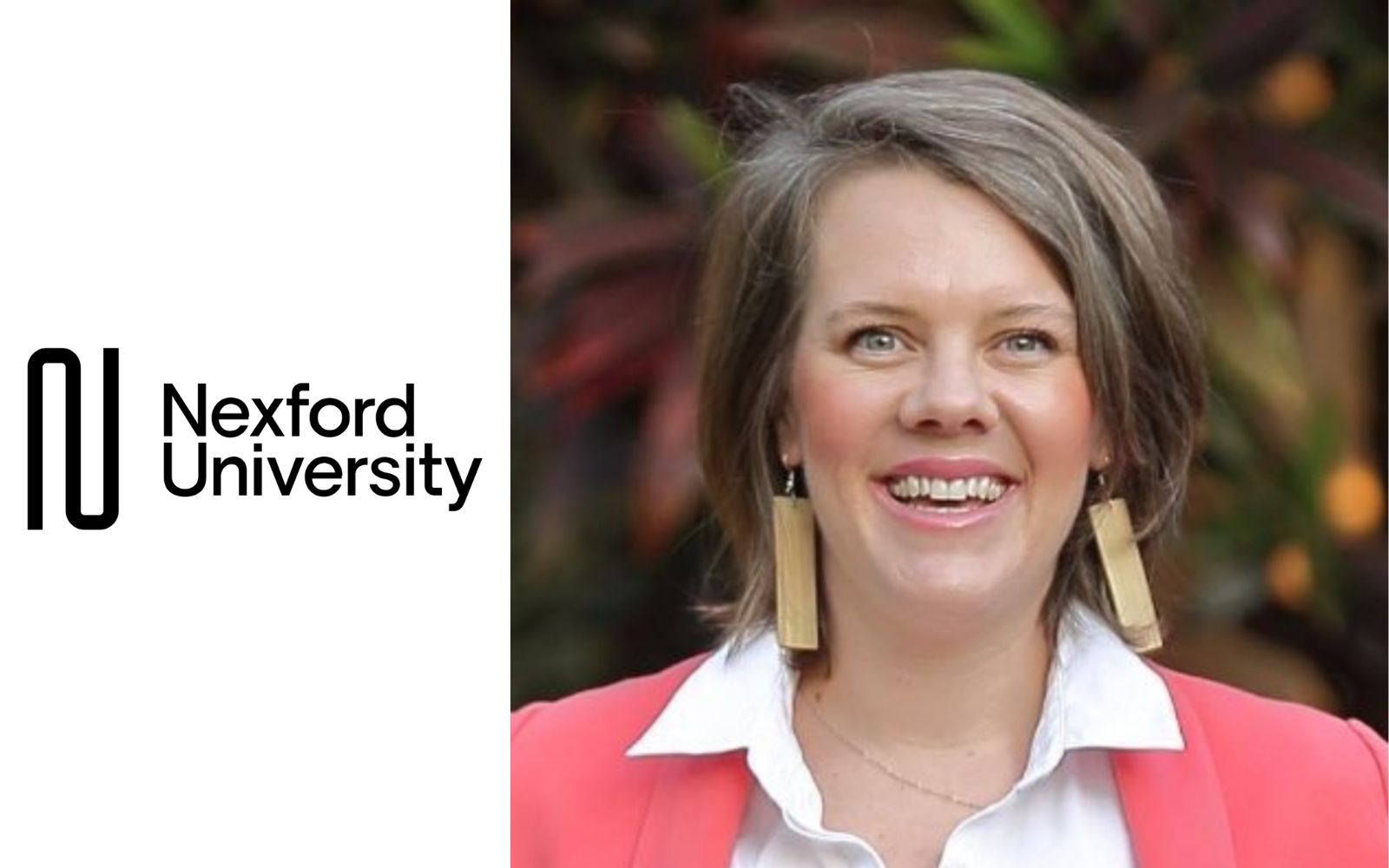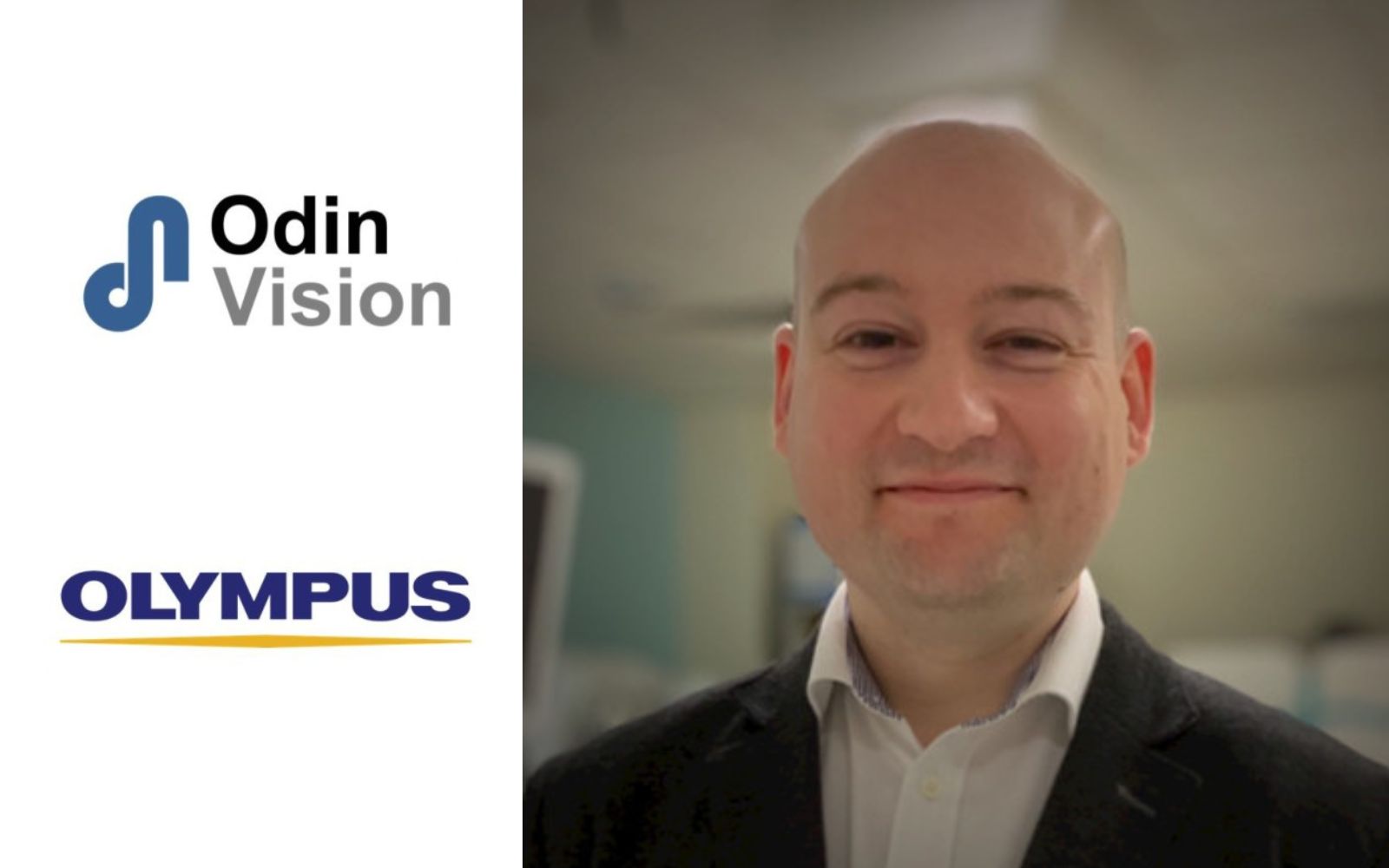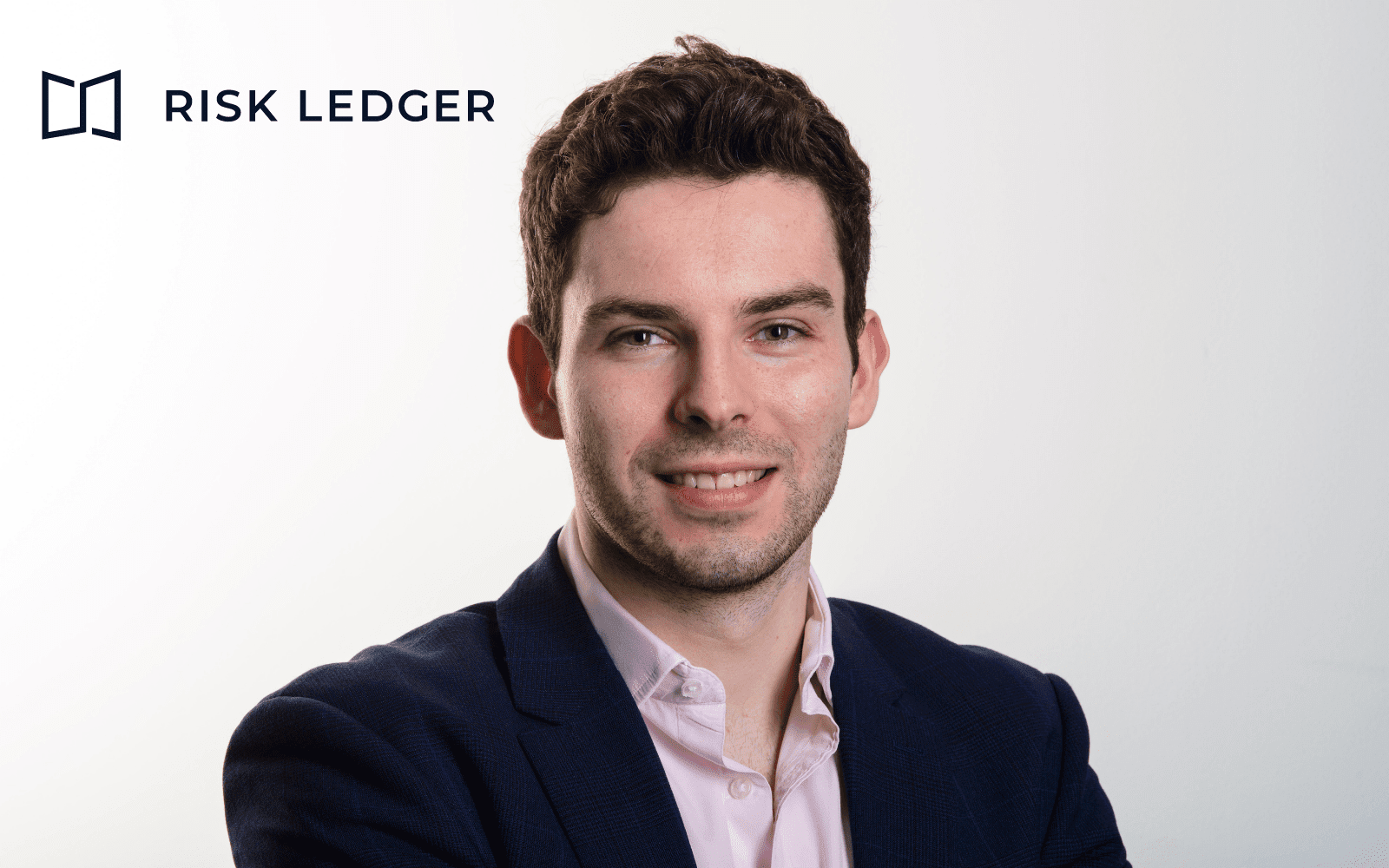Fadl Al Tarzi – Founder of Nexford University

Fadl Al Tarzi founded Nexford University in 2018, with a vision to enable greater social and economic mobility through high-quality, affordable education. His vision stemmed from years of doing business across more than 10 different emerging markets across the world, and witnessing first-hand how a lack of access to affordable, high-quality education has impacted societies across the world. Nexford has secured $7 million in investment so far and is currently gearing up for Series A funding.
Fadl became an entrepreneur at the age of 18 and has accumulated 17 years’ of experience building and executing award-winning digital engagement strategies across the world, with a focus on emerging markets. He has led large scale digital transformation and digital adoption projects with clients ranging from the US State Department to global consumer brands such as Starbucks.
Prior to founding Nexford, Fadl founded and led SaaS and digital marketing start-ups which have raised over $10 million in growth capital, currently employing a total of more than 500 people worldwide. Under the News Group International umbrella, he launched and grew SOCIALEYEZ from two people to more than 120 across multiple countries. He has also worked with Fortune 500s and governments in the US and Europe, and in the MENA region.
Fadl has lived in Cairo, Paris, Washington DC, Dubai and London. He holds a BBA from the American University in Cairo and multiple management degrees from George Washington and Middlesex Universities.
How did you come up with your idea?
You don’t start a university from scratch unless you see a pressing need for change. I’ve always known that education changes lives. But I first realized its impact more than a decade ago. I was sitting in a rusty old taxi in the bustling streets of Cairo. The driver complained about having to work 12-hour shifts to afford private tutors for his four children. He wanted to promise each of them a bright future.
Growing up in Africa and working in Asia, the US and Europe, I could see how lack of education is at the root of most of the world’s challenges. On my entrepreneurial journey, I saw a gap between the skills of college graduates and the needs of employers. With my own start-ups, I struggled to find people with the right competencies. For example, I couldn’t find a software engineer with effective communication skills. I couldn’t find a creative designer who could plan.
So I thought to myself, “Is this why cohorts of learners walk away from university unprepared for the workplace?” Traditional higher education is exclusive, serving the top 1-2% of the world’s population. In 100 years, there has been little progress: higher education no longer fits the needs of international learners. Upon digging a bit deeper and reading statistics such as a UNESCO report forecasting a world shortage of 100 million university seats by 2025, it became clear to me that higher education is in nothing short of a state of crisis.
How did you turn the idea into a plan?
In thinking about how to bridge the gap between employer and learner needs, I spent months speaking with learners from all walks of life – from high school students in the Philippines and Nigeria, to Uber drivers in the US balancing gig jobs with college studies.
My co-founder and I hired some of the world’s leading research and consultancy firms such as IPSOS, Huron and Cooley to create a plan. Investors bought into the Nexford vision, and so did an experienced, global team of full-time faculty members and experts, including employees from Ivy League schools such as Harvard and Stanford.
What advice would you give to anyone thinking of becoming a founder?
Often, people all around you will make you feel that what you’re doing is too tough or that there are too many challenges to overcome, but it’s precisely that which defines success stories versus great ideas that don’t get off the ground. I decided to make choices based on research, data and insight. As a result, my biggest piece of advice is this: have the intelligence to tweak your path based on the insight you gather, while staying the course when you encounter resistance.
What keeps you passionate?
My team and I dedicate early mornings, evenings and weekends to building Nexford University: why? We’re united by one mission. Across the world, lack of opportunity strangles social and economic progress. People who possess potential – and who, combined, account for billions if not trillions of dollars in potential economic value – are being suppressed by a lack of socio-economic mobility.
For most of the last century, only a very small percentage of people in places like Egypt, Nigeria, and Indonesia have had even the slimmest chance of reaching what we think of in America as “success.” They simply lack the resources. But, for the first time in history, we have the infrastructure to enable greater social mobility and economic opportunity for all. We know where progress begins. We know where we need to start. This keeps me and my team passionate.
Talent or hunger?
Both. One thing you may not know about me is that I got expelled from three high schools, not for my grades but for the attention I paid to my classes. My demeanour changed completely after starting my first company at age 18. Reflecting now, I can see that I was bored at school. This has helped shape my thinking on the need for more innovation within the education sector. We have curious minds, why not experiment to keep people’s focus!
What’s your favorite quote and why?
“Common sense is not so common” – Voltaire
Why? Because it’s true. Common sense in business is not a given. You can be the smartest person in the room, but it doesn’t mean you’ll make the smartest business decisions.
If you could recommend just one book, what would it be?
The Better Angels of our Nature – A history of violence and humanity by Steven Pinker
Bill Gates called this the most inspiring book he’d ever read. Pinker explains why, despite what you might think from reading news headlines, we’re far less violent as a global society than we’ve ever been. Dipping into history, philosophy and science, Pinker explains how cities make us safer and how books bring about peace. Our world, but not as you know it.
What do you want to be known for?
Having a unique vision.
Finish this sentence: the world needs more…
Doers.
Find out more about Nexford University’s programs including online MBA and Bachelor of Business Administration degrees at www.nexford.org
If you’re interested in sponsoring one of your employees for an MBA or BBA with Nexford, feel free to contact Francis at fali@nexford.org
The information available on this page is of a general nature and is not intended to provide specific advice to any individuals or entities. We work hard to ensure this information is accurate at the time of publishing, although there is no guarantee that such information is accurate at the time you read this. We recommend individuals and companies seek professional advice on their circumstances and matters.




